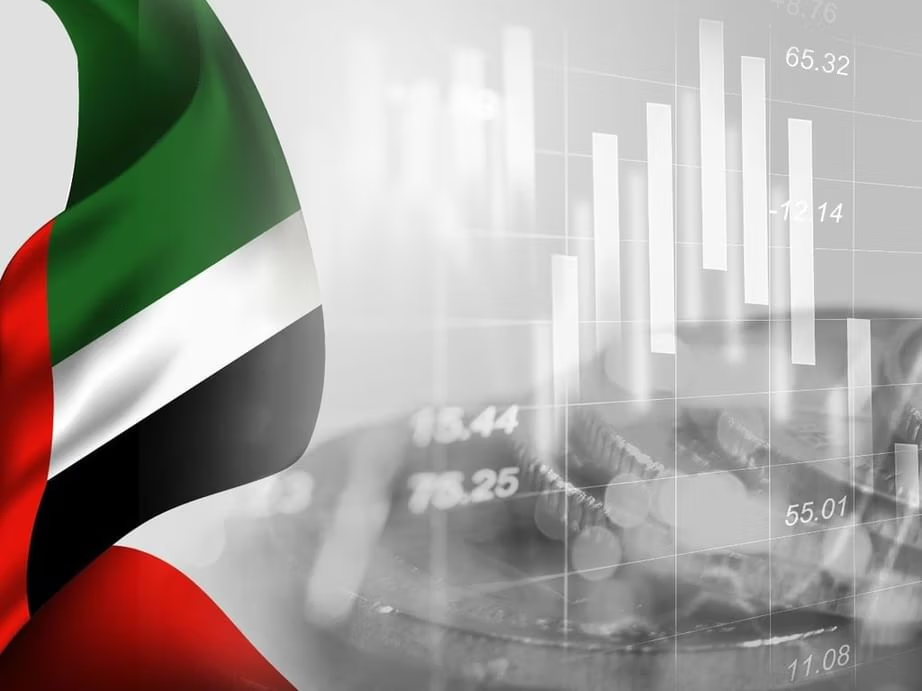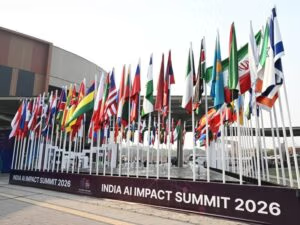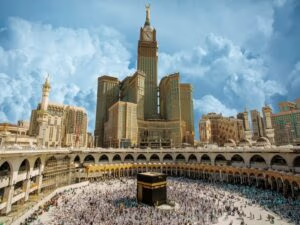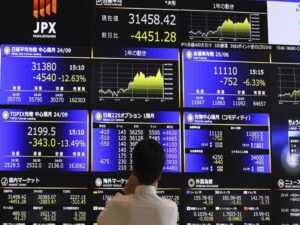The United Arab Emirates is solidifying its position as a premier global hub for Islamic finance and the halal industry, advancing a strategic vision focused on economic diversification and enhanced global competitiveness.
Progressive government initiatives, a modern regulatory landscape, and world-class financial and industrial infrastructure underpin this momentum. With a clear focus on building a knowledge- and innovation-driven economy, the UAE is leveraging Islamic finance and halal production as key pillars of its transformation journey.
In May 2025, the UAE unveiled a national strategy to develop an integrated Islamic finance and halal industry ecosystem. This comprehensive plan encompasses Islamic banking, Takaful (Islamic insurance), Sukuk (Islamic bonds), and non-banking financial services, aligning closely with global best practices.
According to February data from the Central Bank of the UAE, Islamic banks now represent about 18% of total banking assets and 22.8% of total credit in the country’s banking sector.
A standout area of growth is the Sukuk market. The launch of the dirham-denominated Islamic Treasury Sukuk (T-Sukuk) by the federal government in 2023 marked a significant milestone, ushering in a new phase for Sharia-compliant capital markets.
The UAE now ranks among the world’s leading centres for Sukuk listings. As of May, Sukuk listed on Nasdaq Dubai had surpassed US$95.7 billion, further reinforcing the country’s status as a global hub for Islamic fixed-income instruments.
In 2023, the UAE was ranked fourth globally for Islamic financial market assets, according to the Islamic Finance Development Indicator.
Jamal Saleh, Director-General of the UAE Banks Federation (UBF), emphasized the ambitions outlined in the new strategy, stating it aims to “elevate the Islamic economy’s role both domestically, regionally, and internationally.”
Speaking to the Emirates News Agency (WAM), Saleh underscored the UAE’s success in building robust financial systems that have strengthened the Islamic banking sector in line with national diversification goals.
He highlighted significant progress in areas such as Islamic banking, Sukuk issuance, and broader Sharia-compliant financial services.
Saleh also noted the sector’s strong growth trajectory. As of February 2025, total credit extended by Islamic banks reached AED503.5 billion—an increase of 16% year-on-year. The private sector’s credit accounted for AED350.4 billion, representing a 13.2% increase from the previous year. Meanwhile, Islamic bank deposits rose to AED595.3 billion, marking a 16.9% annual growth.
In parallel with these financial advancements, the UAE is rapidly emerging as a global leader in the halal industry. Under the new national strategy, the country aims to scale halal exports from AED 74 billion to AED 315 billion by 2031, capitalizing on its strategic geographic location and state-of-the-art logistics infrastructure.
Saleh Lootah, Chairman of the UAE Food and Beverage Manufacturers Group, described the strategy as “a landmark step toward establishing the UAE as a global halal production centre.”
He pointed to increasing interest from local manufacturers looking to expand into the halal sector amid growing international demand for certified halal products.
A report by Bonafide Research projects the UAE’s halal food and beverage market will exceed $31.27 billion by 2029. This anticipated growth reflects a broader shift toward ethical and halal-certified consumption both domestically and globally.
The UAE’s strategic position as a major trade and tourism nexus continues to amplify its appeal, drawing both regional and international consumers in search of reliable halal-certified products, further cementing the nation’s standing as a global leader in halal commerce.
–Input WAM





